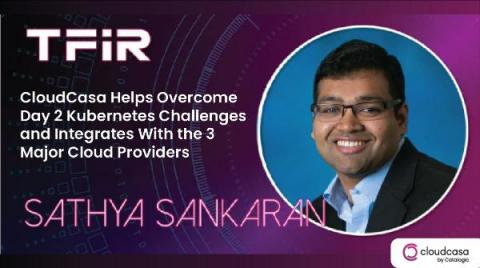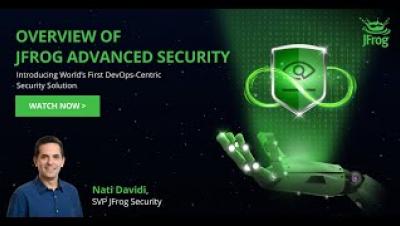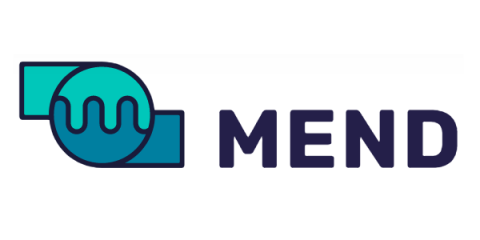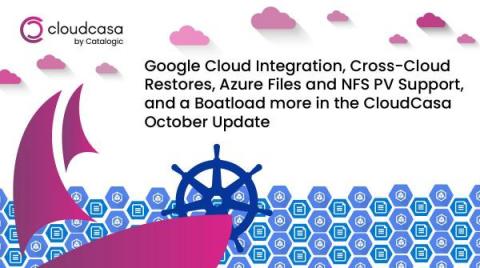CloudCasa Helps Overcome Day 2 Kubernetes Challenges and Integrates with the 3 Major Cloud Providers
In this episode of TFiR Let’s Talk, Swapnil Bhartiya sits down with Sathya Sankaran, COO of Catalogic and GM of CloudCasa, to discuss in-depth how CloudCasa is supporting backup for the three major cloud providers − Azure Kubernetes Service (AKS), Amazon Elastic Kubernetes Service (EKS), and Google Kubernetes Engine (GKE) − and the data protection challenges they are addressing.










